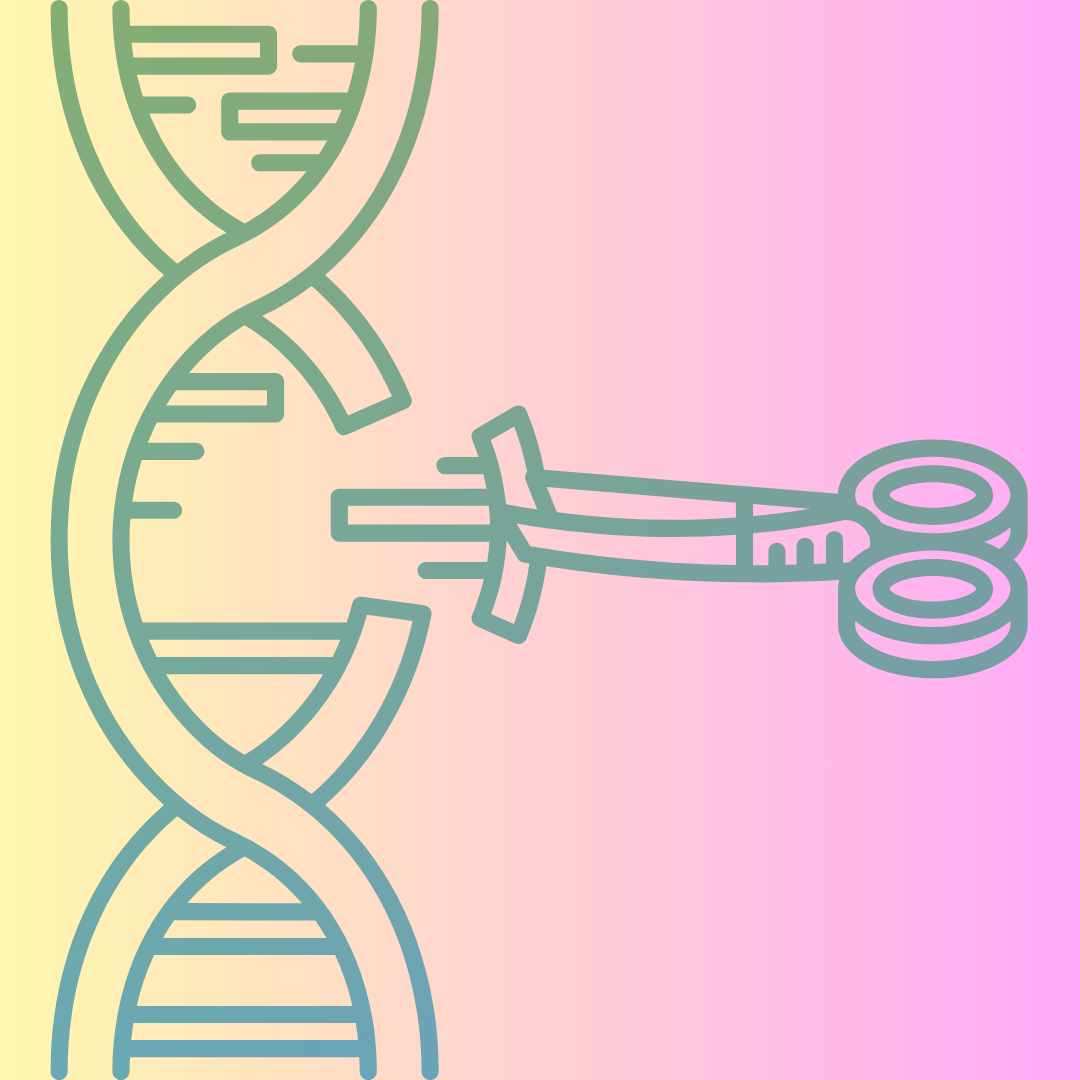At meeting on guardrails for gene editing of human embryos, some call for a dead end
By Megan Molteni,
Stat
| 03. 28. 2025
WASHINGTON — Keith Joung knows better than a lot of people what, exactly, it might require to prove to regulators and patients that CRISPR could be safely used to alter the genome of a human embryo. If, of course, society decided that was a good idea. Joung, an early pioneer of the gene-editing technology, was the first to show CRISPR could target and cut DNA inside an embryo — in zebrafish — back in 2013.
Not long after, his group was among the earliest to discover that CRISPR could get a bit sloppy — inadvertently slicing up unintended regions of the genome in all sorts of cells — complicating hopes it might be used to cure illnesses from cancer to muscular dystrophy. A pathologist by training, Joung has spent much of the intervening decade designing ever-more sensitive methods for detecting these so-called off-target effects and finding ways to minimize the chances they occur.
Such methods have, in the last two years, proved pivotal in the decisions by regulators to approve the first CRISPR-based medicine — an infusion of gene-edited blood...
Related Articles
By Mike McIntire, The New York Times | 01.24.2026
Genetic researchers were seeking children for an ambitious, federally funded project to track brain development — a study that they told families could yield invaluable discoveries about DNA’s impact on behavior and disease.
They also promised that the children’s sensitive...
By Arthur Lazarus, MedPage Today | 01.23.2026
A growing body of contemporary research and reporting exposes how old ideas can find new life when repurposed within modern systems of medicine, technology, and public policy. Over the last decade, several trends have converged:
- The rise of polygenic scoring...
By Danny Finley, Bill of Health | 01.08.2026
The United States Food and Drug Administration (FDA) has a unique funding structure among federal scientific and health agencies. The industries it regulates fund nearly half of its budget. The agency charges companies a user fee for each application
...
By George Janes, BioNews | 01.12.2026
A heart attack patient has become the first person to be treated in a clinical trial of an experimental gene therapy, which aims to strengthen blood vessels after coronary bypass surgery.
Coronary artery bypass surgery is performed to treat...




